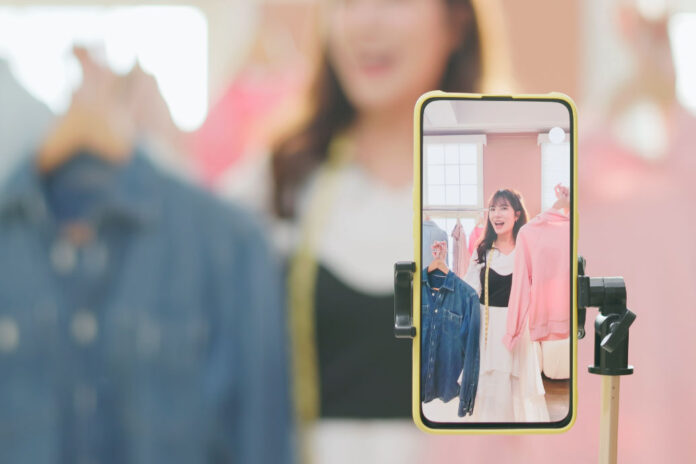Digital marketing, as a reflection of society, is maturing.The public is no longer satisfied with generic messages or disconnected from their aspirations. People seek meaningful relationships, both in consumption and in online interactions. This requires brands and influencers to rethink their role: more than communicate, it is necessary to co-create.
At the beginning of the influencer era, reach was everything. Big celebrities with millions of followers dominated advertising campaigns. However, impressive numbers do not guarantee real conversions. The public began to question the authenticity of partnerships, resulting in ever smaller engagements. Today, micro and nano influencers, with well-defined niches and highly engaged audiences, have been gaining ground. Success is no longer a matter of quantity and has become about quality. The focus is on the impact that the message causes in a specific group of people & not on the volume of views.
The change in influence marketing reflects a greater trend: the appreciation of human connections. As author Seth Godin said: “People do not buy products; they buy stories, relationships and magic.” Influencers who can transmit vulnerability, authenticity and purpose are at the center of this transformation. Brands such as Patagonia, which already adopt a clear sustainability positioning, have led this new phase by associating with influencers who share their values.
The big revolution in influencer marketing is in the format. More than a one-off relationship, community building creates lasting bonds between brands, influencers and their audiences. Platforms like Discord, Telegram and even metaverse offer spaces for more immersive and collaborative experiences. Fitness influencers, for example, not only share motivational content, but organize challenges that unite their followers around common goals. As Simon Sinek noted: “People do not buy what you do, they buy why you do it.” In community marketing,“ is shared and amplified, generating genuine emotional impact and loyalty.
Amid the obsession with algorithms and automations, influencer marketing rescues something essential: human connections. Influencers are no longer just advertising vehicles; they are catalysts of conversations. The brands that stand out today are those that leave the pedestal and enter the conversation wheel. The new influence is not measured only by sales, but by the legacy left 'a legacy of transformative relationships. Thus, more than partnerships, we create communities. And more than campaigns, we leave stories that really matter.


